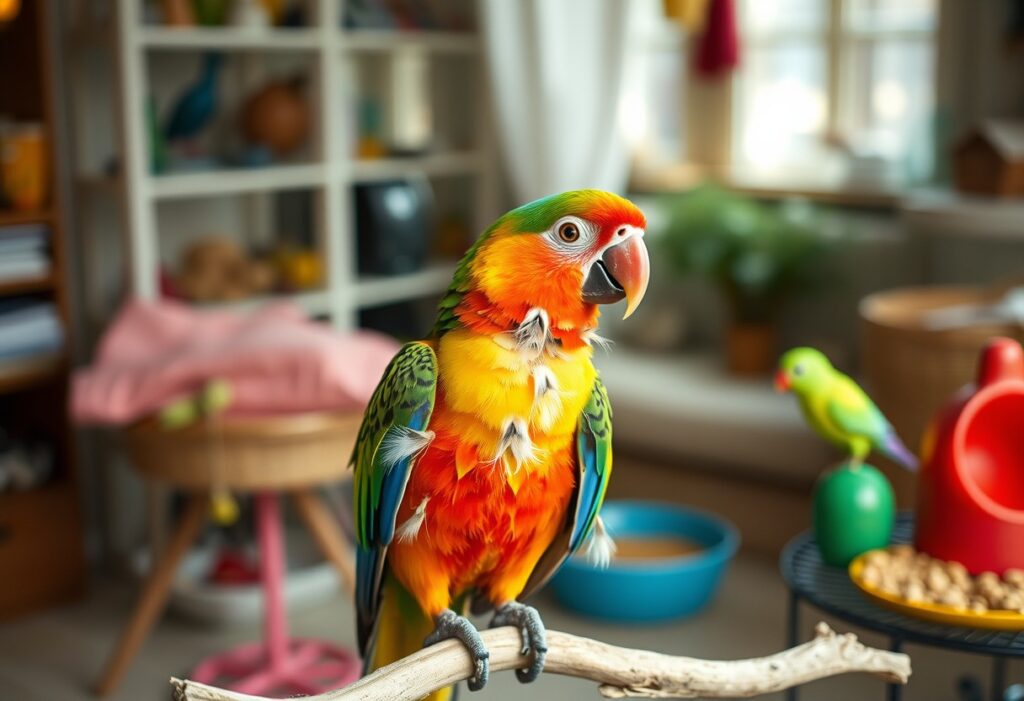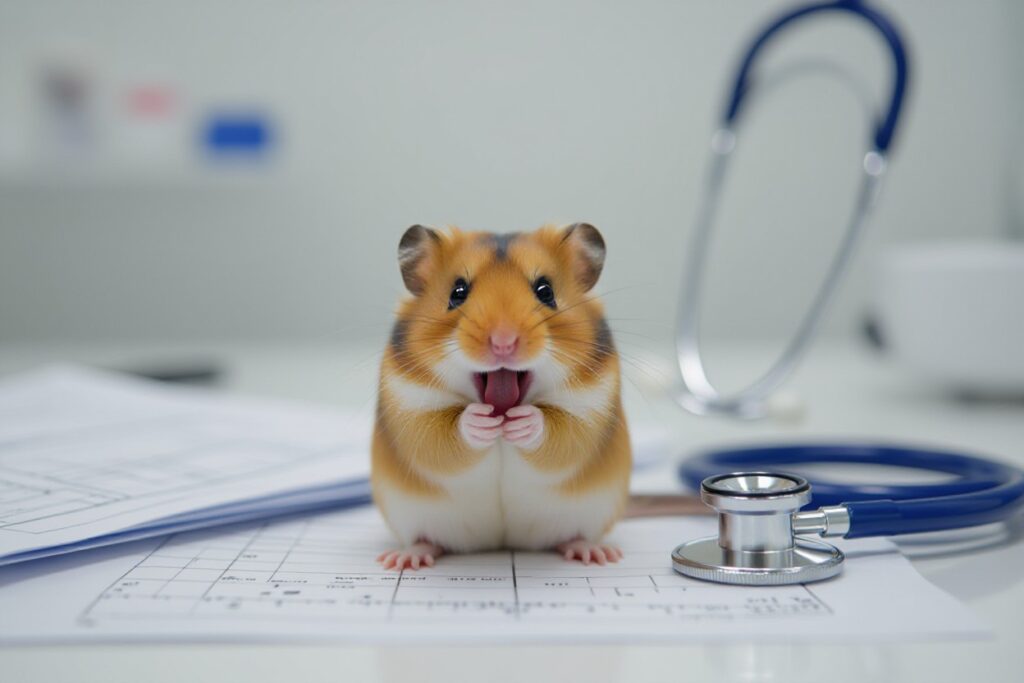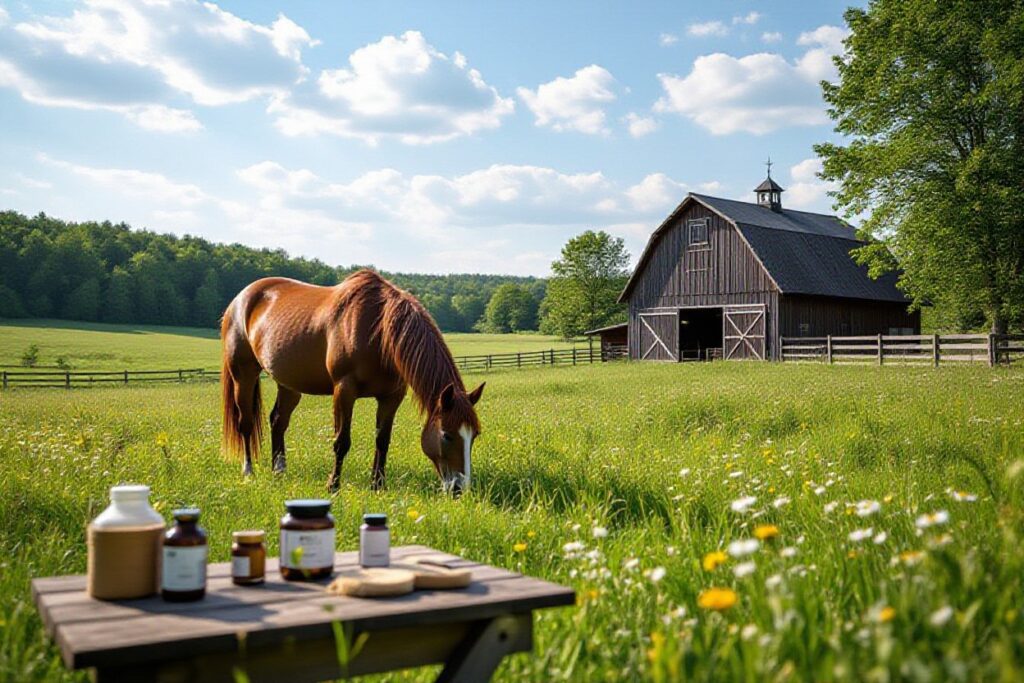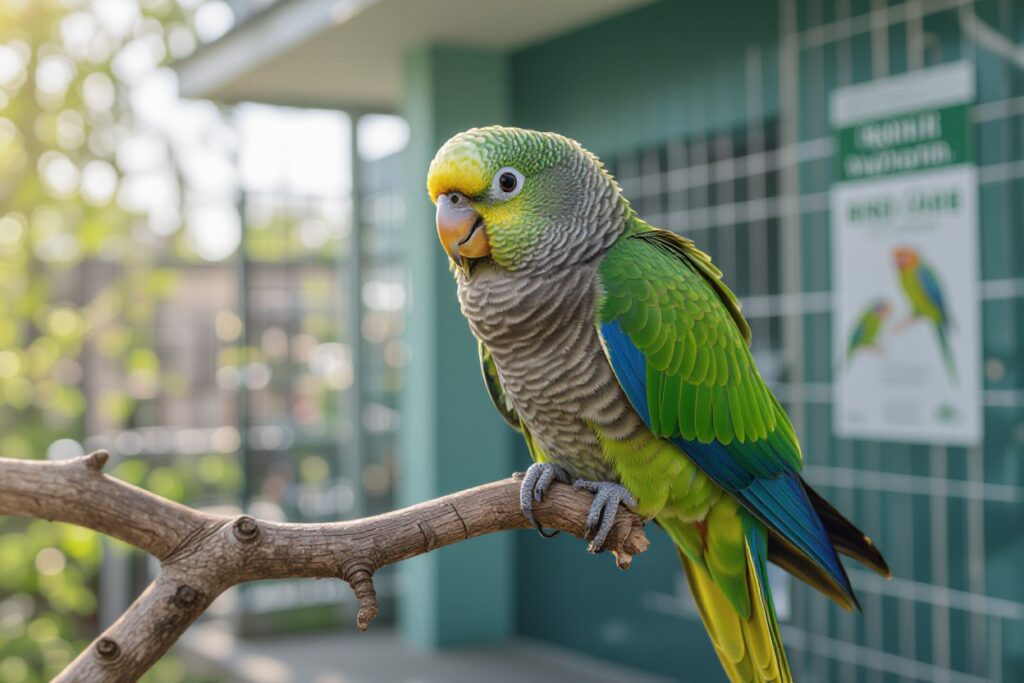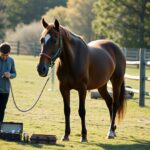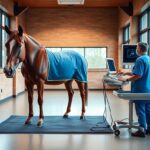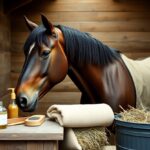Over time, you may notice your bird engaging in feather plucking, a concerning behavior that can lead to serious health issues. Understanding the causes and identifying the signs early is crucial for your pet’s well-being. In this guide, you will learn how to accurately identify the symptoms and implement effective treatments to help your feathered friend recover. With the right approach, you can restore their natural beauty and improve their quality of life.
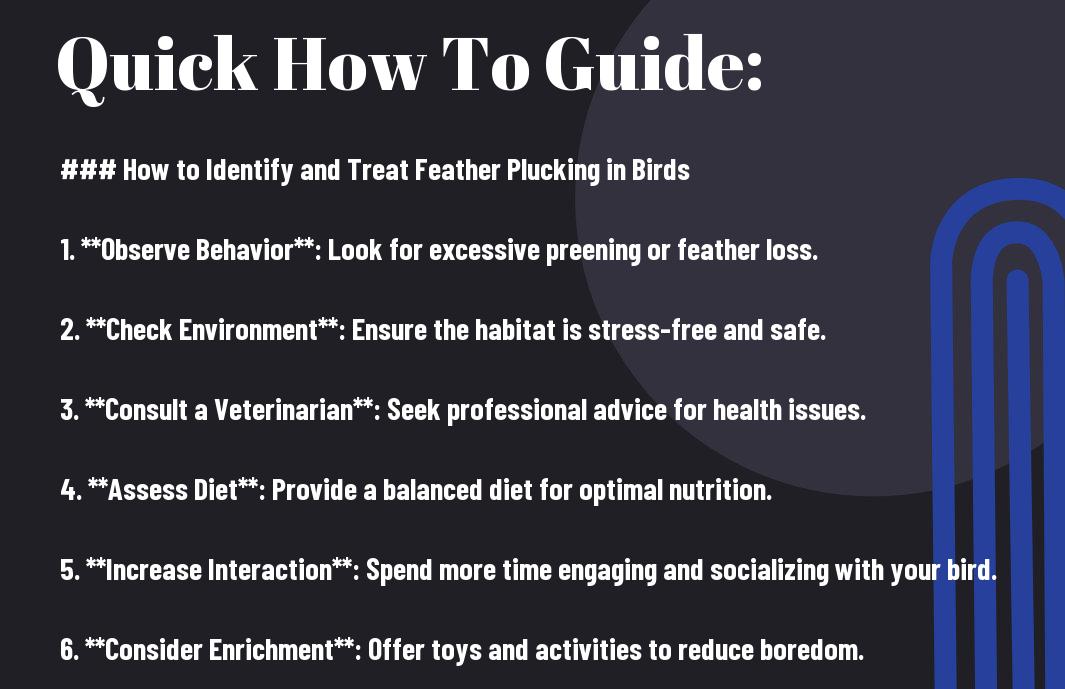
Understanding Feather Plucking
A common concern among bird owners is the distressing behavior known as feather plucking. This phenomenon can be both alarming and confusing, especially when you consider how important feathers are for a bird’s health and well-being. Feather plucking occurs when a bird consistently uses its beak to remove or damage its own feathers, leading to bald patches and sometimes serious skin problems. The reasons behind this behavior can be multifaceted and may include psychological, environmental, and physical factors.
What is Feather Plucking?
Clearly, feather plucking is not merely an aesthetic issue; it is often an indicator of underlying stress or discomfort in your bird. It can range from occasional preening to compulsive and severe self-mutilation. Birds are naturally inclined to groom themselves, but when this grooming intensifies to the point of causing harm, it’s a sign that their health may be at risk. Feather plucking can lead to a host of health problems, including infections and even systemic issues if not addressed promptly.
Common Factors Contributing to Feather Plucking
Additionally, numerous factors may contribute to feather plucking. Among them are stress from environmental changes, boredom, seasons of molting, and underlying medical conditions. It’s crucial to recognize these factors in order to help your bird regain its normal behavior. The following are common contributors to this issue:
- Stress from loud noises, sudden changes in routine, or presence of other pets can lead to feather plucking.
- Boredom due to lack of mental stimulation, toys, or social interaction might push your bird toward self-destructive behavior.
- Allergies or skin conditions may cause irritation, prompting your bird to preen excessively.
- Hormonal changes or reproductive urges can lead to increased grooming behaviors.
- Infections or other medical issues must be ruled out to ensure that feather plucking isn’t a symptom of something more serious.
Thou must pay close attention to these factors to address the root cause of the behavior effectively.
Plucking is often a symptom of an underlying issue rather than a standalone problem. Identifying the specific cause or triggers is crucial for implementing the appropriate treatment plan. For instance, if stress is a leading factor, enhancing the bird’s environment with more toys, establishing a routine, or reducing loud noises could significantly help. Identifying allergens or treating infections through veterinary care are also critical steps to take. Remember that every bird is unique, and what works for one may not work for another. Hence, understanding the specific needs of your bird is crucial in managing feather plucking behaviors.
- Enrichment through toys and socializing can alleviate boredom.
- Routine management can help reduce stress.
- Veterinary check-ups are crucial to rule out any serious medical issues.
- Behavioral training combined with proper care can improve mental health.
Thou must stay vigilant in addressing these issues to promote the health and happiness of your feathered companion.
Feather plucking is indeed a complex issue, but understanding its triggers is the first step in fostering a healthier, happier environment for your bird. By being aware of the variables that contribute to this behavior, you can take proactive measures to mitigate risks and support your pet in overcoming this troubling habit.
Identifying Feather Plucking
Any responsible bird owner should be attentive to changes in their pet’s behavior and appearance. Feather plucking is a common issue in birds that can stem from various causes, including stress, boredom, or medical conditions. Recognizing the signs early can lead to effective treatments and improvements in your bird’s quality of life. Detecting feather plucking can sometimes be straightforward, but in other instances, it may require a keen eye to interpret subtle signs.
Signs and Symptoms of Feather Plucking
Little indications of feather plucking can manifest in different ways, predominantly through the overall appearance of your bird. A noticeable reduction in feathers, particularly in areas around the wings, chest, and head, is often the most glaring sign. Additionally, you may notice your bird exhibiting bald patches or small sores where feathers have been removed. Feather texture may also change; you might find broken or uneven feathers scattered throughout your bird’s enclosure.
Moreover, you might also observe a change in your bird’s demeanor as they may become more withdrawn or display signs of anxiety. If your feathered friend is constantly preening excessively or focusing on certain areas of their body, especially where feathers are missing, these behaviors can be strong indicators of feather plucking. It’s crucial to monitor these symptoms closely as they could reflect underlying emotional or physical health issues that need addressing.
Behavioral Indicators
If your bird is exhibiting signs of feather plucking, pay close attention to their everyday behavior for additional clues. Birds are highly social creatures and may resort to feather plucking out of loneliness, boredom, or anxiety when they feel inadequate emotional stimulation. You may notice your bird engaging less with their environment, showing signs of aggression, or being less interactive with you or other pets in the household. If your bird’s behaviors change dramatically, this could indicate a troubling state of mind or a response to environmental stressors.
Identifying feather plucking also relies on understanding your bird’s baseline behavior. Increased aggression, irritability, and changes in vocalization can all signify that something is wrong. Additionally, observe their activity levels; a bird that usually enjoys playing may lose interest in toys or engaging with you. Making note of these behavioral indicators, alongside physical signs, is crucial in grasping your bird’s emotional health and determining the next steps to provide support.
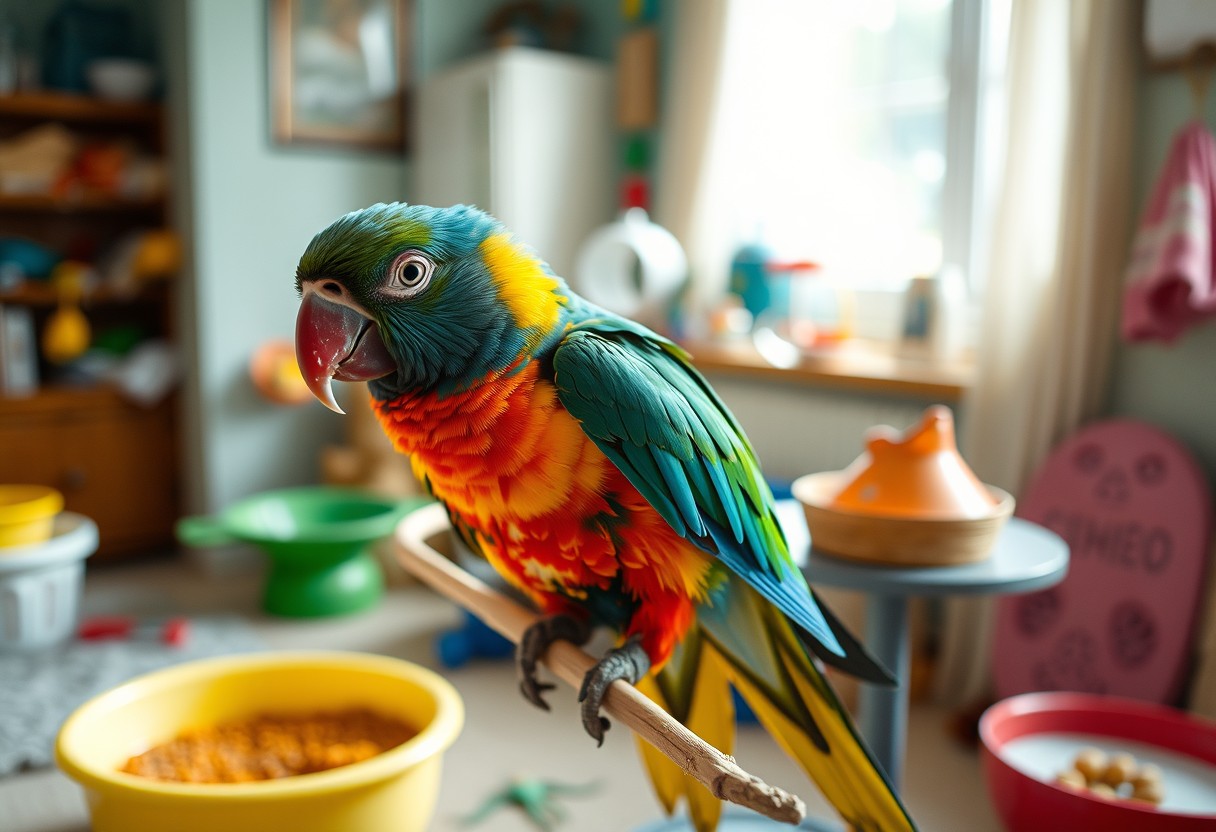
How to Treat Feather Plucking
Many bird owners face the distressing challenge of feather plucking in their pets. Addressing this issue requires a multifaceted approach that includes environmental modifications, nutritional considerations, and potential medical interventions. Each element plays a crucial role in creating a comprehensive treatment plan that can help your bird regain healthy feather growth and improve its quality of life.
Environmental Modifications
One of the first steps you should take to treat feather plucking is to assess and modify your bird’s environment. Birds are highly sensitive creatures, and their surroundings can significantly influence their behavior. Ensure that your bird’s living space is enriched with toys, perches, and opportunities for physical exercise. The inclusion of various textures and colors can captivate their attention and reduce stress. Additionally, minimize any loud noises or stressful stimuli, so your bird has a calm environment conducive to its well-being.
Furthermore, consider altering the location of your bird’s cage. Placing the cage in a quiet, low-traffic area of your home may help in reducing anxiety. Birds can also become bored easily, so regularly rotating toys and introducing new activities can keep their mind engaged. The goal is to create a more stimulating environment that makes plucking less appealing.
Nutritional Considerations
Assuming you have already made modifications to your bird’s living situation, the next focus should be on nutrition. A well-balanced diet is vital for your bird’s overall health and feather integrity. Ensure that your bird is receiving a high-quality pellet diet supplemented with fresh fruits, vegetables, and occasional seeds. These nutritional components can significantly impact feather health and mitigate the tendency to pluck.
This approach not only aids in feather growth but also assists in fostering a stronger immune system. Pay attention to any deficiencies, particularly in crucial vitamins and minerals such as Vitamin A and Omega-3 fatty acids, as these are vital for maintaining healthy feathers. In some instances, working with an avian veterinarian to develop a precise dietary plan may be beneficial for your bird’s recovery.
Medical Interventions
Nutritional adjustments alone may not suffice for all cases of feather plucking, and that’s where medical interventions come into play. It’s crucial to consult with an avian veterinarian to rule out any underlying health issues that might be causing the feather plucking. Conditions such as dermatitis, allergies, or even systemic health problems could lead to excessive plucking. Only a professional can accurately diagnose these conditions and suggest effective treatments.
Treat your bird’s health condition seriously; depending on the diagnosis, your vet may recommend treatments that could include topical medications, antibiotics if an infection is present, or behavioral therapy interventions. You should work closely with your veterinarian to monitor your bird’s progress and adjust treatments as necessary, ensuring the safest and most effective methods are utilized for your feathered companion’s recovery.
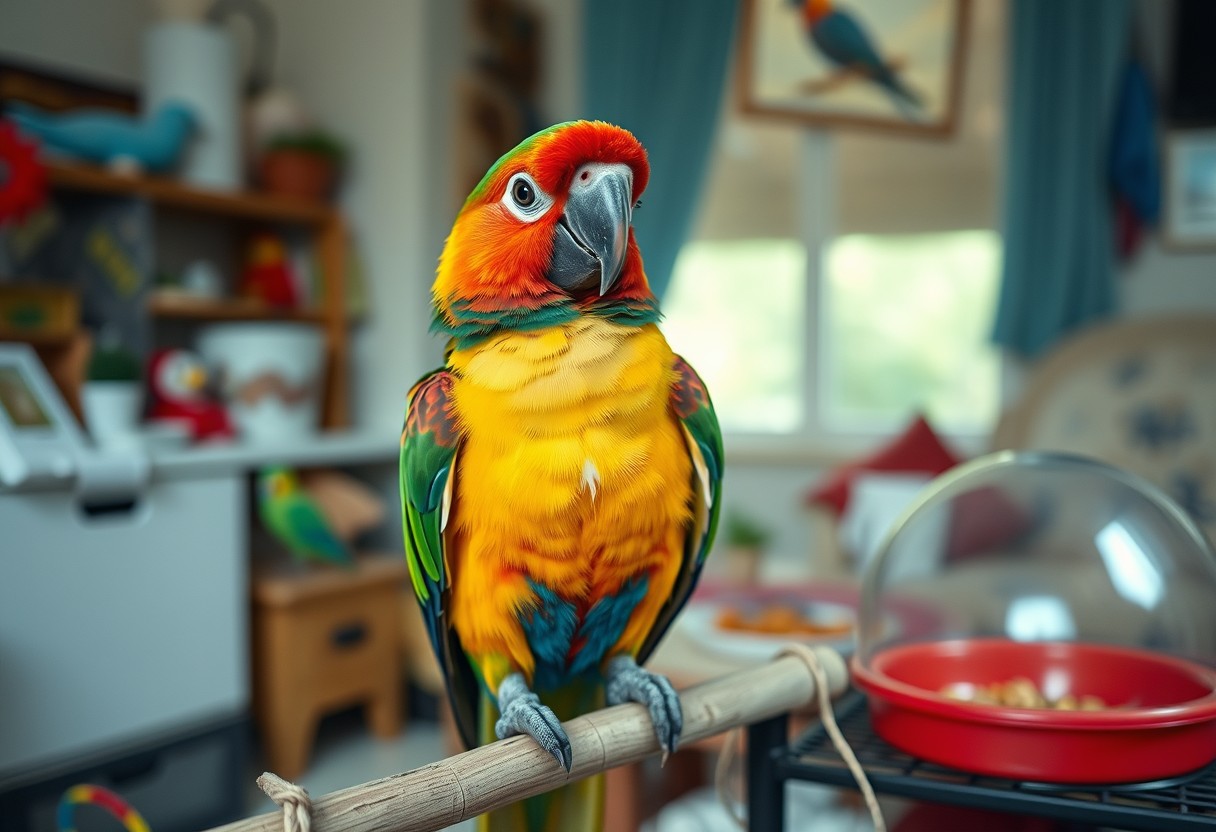
Tips for Prevention
Unlike many misconceptions, preventing feather plucking in birds is achievable with the right strategies. By implementing a holistic approach that encompasses various areas of your bird’s life, you can greatly reduce the risk of this troubling behavior. Here are some key tips:
- Minimize environmental stressors that may affect your bird’s emotional well-being.
- Provide consistent social interaction to prevent feelings of loneliness and boredom.
- Engage in regular enrichment activities that stimulate your bird’s mind and body.
- Ensure health check-ups are part of your routine to catch any medical issues early.
The careful application of these strategies can significantly enhance your bird’s quality of life and help prevent feather plucking.
Stress Reduction Techniques
For many birds, stress can be a significant trigger for feather plucking. Reducing stress in your bird’s environment is crucial to their emotional well-being. Simple changes can be effective; for instance, creating a quiet space away from loud noises and sudden movements can help them feel more secure. Regular routines create familiarity and stability in your bird’s life, which can alleviate feelings of anxiety.
Additionally, consider incorporating calming elements into your bird’s surroundings, like soft music or calming scents (like lavender). You can also establish safe zones within the cage, where they can retreat when feeling overwhelmed. The more comfortable and in control your bird feels, the less likely they are to resort to feather plucking.
Social Interaction and Enrichment
You should prioritize social interaction with your bird to foster a strong bond and mitigate feelings of isolation. Birds are naturally social creatures, and their health significantly depends on the connections they make with you and other birds. Encourage interaction by speaking, playing, and even training your bird. Consider adding a second bird if feasible, as companionship can also help in reducing boredom.
Engaging in enrichment activities is imperative for your bird’s mental health. Offer a variety of toys, varied perches, and foraging opportunities to keep their mind engaged. Rotating toys can introduce novelty into their playtime, ensuring they have something new to explore. This diversity not only promotes physical activity but also mimics their natural behaviors, keeping them mentally stimulated and less likely to engage in feather plucking.
Reduction of boredom through social engagement and mental stimulation is fundamental. Birds need both physical and mental challenges to thrive. By regularly interacting with your bird and providing stimulating activities, you greatly reduce the chances of behavioral problems like feather plucking.
Regular Health Check-ups
Health is a critical component of your bird’s well-being and plays a central role in preventing feather plucking. Regular health check-ups with an avian veterinarian can help identify any underlying medical issues that may contribute to this behavior. Many birds will pluck feathers due to pain or discomfort caused by illnesses that aren’t immediately obvious. Routine examinations ensure that your bird is in good health and can catch potential problems early.
Furthermore, these check-ups allow for vaccinations, discussion of optimal diets, and assessments of living conditions, all of which contribute to a healthier and happier bird. Don’t overlook the importance of this aspect; proactive health care can be a key line of defense against feather plucking behaviors.
Enrichment in your bird’s life is not just about physical toys, but also about ensuring they are mentally engaged and emotionally fulfilled. Regular health assessments, combined with enriching environments and social interaction, create a comprehensive approach to preventing feather plucking behavior. By cultivating a well-rounded and attentive care routine, you build a safe and happy home for your bird.
Conclusion
To wrap up, identifying and treating feather plucking in birds is imperative for maintaining your pet’s physical and mental health. As a responsible bird owner, you should be vigilant in observing your bird’s behavior and notice any changes that may indicate stress, boredom, or underlying health issues. Common triggers, such as environmental factors and inadequate social interaction, can often lead to feather plucking. By ensuring that your bird’s environment is stimulating and that it receives proper veterinary care, you can significantly reduce the chances of plucking and promote a healthier lifestyle.
Furthermore, implementing measures such as behavioral enrichment, regular social interaction, and addressing any potential medical concerns can lead to better outcomes for your feathered friend. If you find that your efforts are not yielding positive results, consulting with an avian veterinarian or an animal behaviorist can provide imperative guidance tailored to your specific situation. With your commitment to understanding and addressing the root causes of feather plucking, you can help your bird lead a happier and healthier life.
FAQ
Q: What are the common signs that my bird is plucking its feathers?
A: Common signs that your bird is plucking its feathers include visible bald patches on their body, broken feathers, or blood on the feathers or skin. You may also notice changes in behavior, such as increased vocalization, aggression, or withdrawal from social interactions. It’s important to observe your bird’s habits and consult with an avian veterinarian if you suspect feather plucking.
Q: What are the potential causes of feather plucking in birds?
A: Feather plucking can be caused by various factors, including stress, boredom, illness, or environmental changes. It may also stem from nutritional deficiencies, hormonal changes, or a lack of proper social interaction. Additionally, some birds may exhibit feather plucking as a behavioral issue or due to past trauma. Identifying the underlying cause through careful observation and consultation with an avian specialist is key to addressing the problem effectively.
Q: How can I treat and prevent feather plucking in my bird?
A: Treating feather plucking involves a combination of medical assessment, environmental enrichment, and behavioral modification. It’s crucial to visit an avian veterinarian for a thorough check-up to rule out medical issues. Provide a stimulating environment with plenty of toys, social interaction, and opportunities for exercise to prevent boredom. Establish a routine that includes time out of the cage and interaction with other birds if possible. Behavioral modification techniques, such as positive reinforcement and training, can also help modify plucking behavior. In some cases, avian veterinarians may recommend medication or supplements to assist in the treatment.
